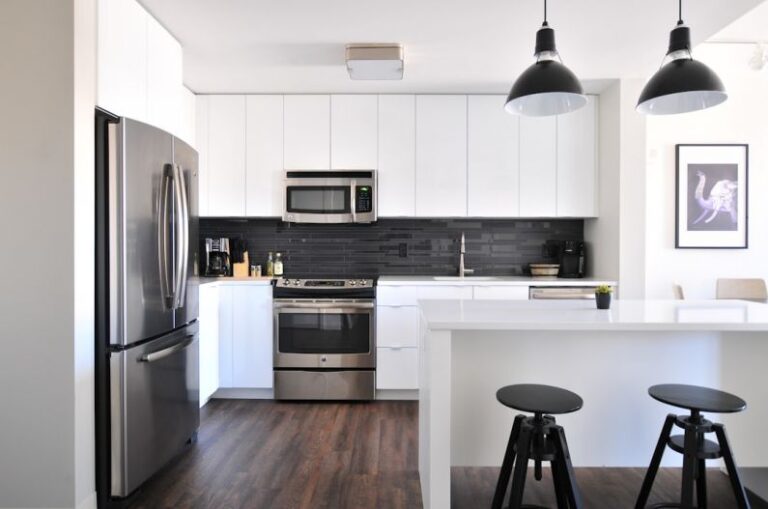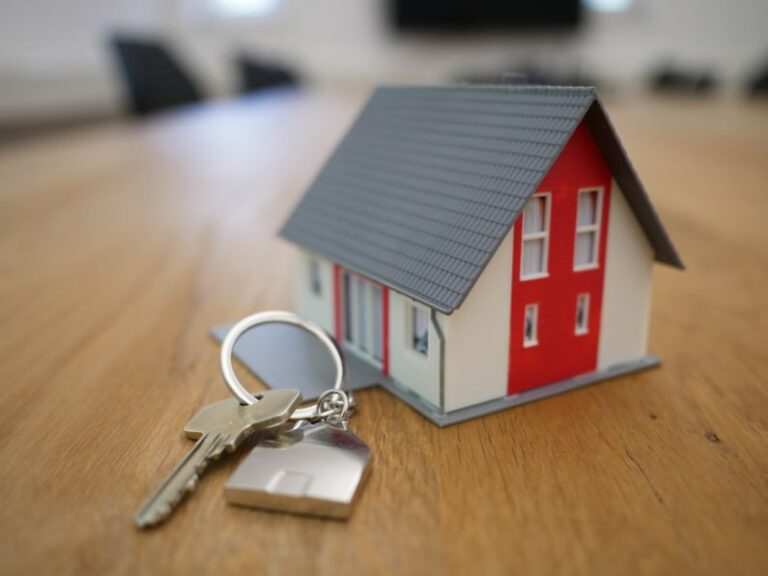
When it comes to purchasing a new home, attending a home tour is an essential step in the decision-making process. This experience allows potential buyers to explore the property firsthand, giving them a better sense of the layout, condition, and overall feel of the home. However, it can be easy to get caught up in the excitement of touring a new property and overlook important details that could impact your decision. To ensure you make an informed choice, it is crucial to pay attention to key aspects during a home tour.
**Location and Surroundings**
One of the first things to consider during a home tour is the location of the property and its surroundings. Take note of the neighborhood, nearby amenities, and proximity to schools, shopping centers, and other essential services. Consider factors such as noise levels, traffic patterns, and the overall vibe of the area. Assess whether the location aligns with your lifestyle and preferences, as this can significantly impact your daily life if you decide to purchase the property.
**Exterior Condition**
Before stepping inside the home, take a moment to evaluate the exterior condition of the property. Look for signs of wear and tear, such as peeling paint, cracked sidewalks, or damaged roofing. Pay attention to the landscaping and overall curb appeal of the home. A well-maintained exterior can indicate that the property has been cared for, while neglected areas may signal potential maintenance issues in the future.
**Interior Layout and Flow**
Once inside the home, focus on the interior layout and flow of the space. Consider whether the rooms are well-proportioned and functional for your needs. Evaluate the natural light and ventilation in each room, as well as the overall ambiance of the space. Assess how the rooms connect to one another and whether the layout suits your lifestyle and preferences. Keep an eye out for any awkward or cramped spaces that could impact your comfort and enjoyment of the home.
**Structural Integrity**
During a home tour, it is essential to pay attention to the structural integrity of the property. Look for any signs of water damage, cracks in the walls or ceilings, or uneven floors. Check the condition of the foundation, roof, and windows to ensure they are in good shape. While some cosmetic issues can be easily fixed, structural problems can be costly to repair and may indicate larger issues with the home.
**Mechanical Systems**
Another key aspect to consider during a home tour is the condition of the mechanical systems, such as the HVAC system, plumbing, and electrical wiring. Ask the real estate agent or homeowner about the age and maintenance history of these systems. Listen for any unusual noises or malfunctions during the tour that could indicate underlying issues. Ensuring that the mechanical systems are in good working order can help prevent unexpected expenses down the line.
**Storage and Functionality**
Evaluate the storage options and functionality of the home during the tour. Check the closets, cabinets, and other storage spaces to see if they meet your needs. Consider whether the layout allows for easy organization and efficient use of space. Assess the functionality of key areas such as the kitchen, bathrooms, and laundry room to ensure they are well-designed and practical for daily living.
**Outdoor Spaces**
Lastly, don’t forget to explore the outdoor spaces during a home tour. Take a walk around the yard, patio, or balcony to assess the size, privacy, and potential for outdoor activities. Consider whether the outdoor areas are well-maintained and suitable for your lifestyle. Pay attention to any features such as a garden, pool, or outdoor living space that could enhance your enjoyment of the property.
**In Summary**
In conclusion, a home tour is a valuable opportunity to evaluate a property and determine if it meets your needs and preferences. By focusing on key aspects such as location, exterior condition, interior layout, structural integrity, mechanical systems, storage, and outdoor spaces, you can make an informed decision about whether a home is the right fit for you. Taking the time to carefully assess these factors during a tour can help you avoid potential pitfalls and ensure that you find a home that you will be happy with for years to come.





